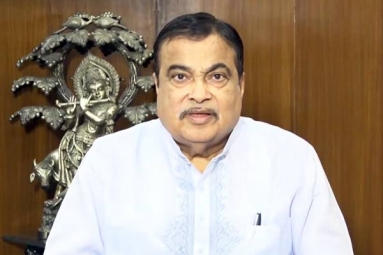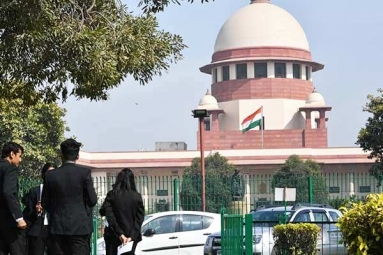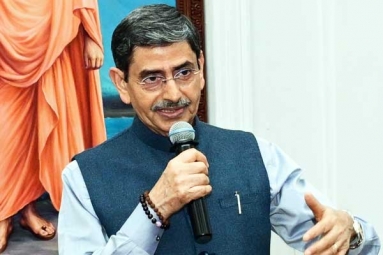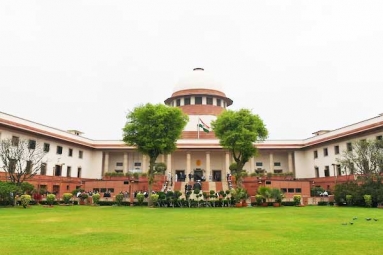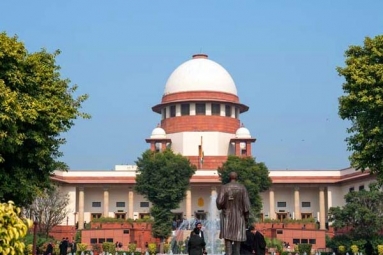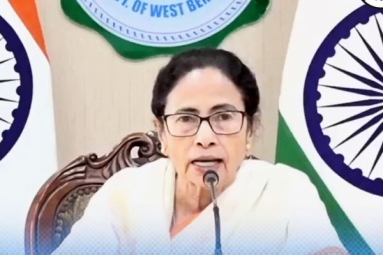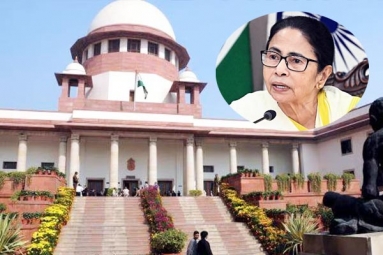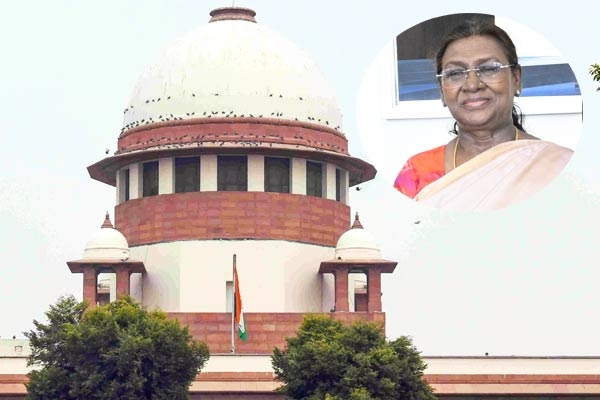
In a groundbreaking decision, the Supreme Court has stated that the president must make a decision regarding bills that the governor has reserved for her review within three months of receiving those bills. This ruling came just four days after the court sanctioned ten bills that had been held up by Tamil Nadu Governor R N Ravi for presidential approval, establishing a deadline for governors to address bills passed by state assemblies. The extensive judgment, comprising 415 pages, was made available on the Supreme Court's website at 10:54 PM on Friday.
The court noted, "We find it fitting to adopt the timeline set forth by the Ministry of Home Affairs... and require the President to decide on the bills reserved for consideration by the Governor within three months of the date the reference is made. Should there be any delays beyond this timeframe, adequate explanations must be documented and communicated to the relevant State. Additionally, States are expected to work collaboratively and respond promptly to any inquiries raised, as well as to consider suggestions from the Central government without delay."
On April 8, Justices JB Pardiwala and R Mahadevan ruled against the reservation of the ten bills for presidential consideration during a second examination, declaring it to be illegal and legally inaccurate. The court stated unequivocally that "if the Governor reserves a Bill for the President's consideration, and the President subsequently withholds approval, it is open for the State Government to challenge such action before this Court." According to Article 200 of the Constitution, the governor has the authority to either approve bills presented to him, withhold approval, or reserve them for the President's consideration.
The bench pointed out that "the Bills, which have been with the Governor for an excessively long duration, and the Governor's evident lack of good faith in reserving these Bills for the President's consideration, immediately after this Court's ruling in State of Punjab (supra), are to be considered as having received assent from the Governor on the date they were presented to him after reconsideration. Although Article 200 does not specify a deadline for the Governor's actions, it cannot be interpreted in a manner that allows the Governor to indefinitely postpone taking action on bills presented for assent, thereby obstructing the legislative process within the State."
The Supreme Court noted that the governor must act in accordance with the guidance provided by the Council of Ministers. It stated that once a bill is presented to the governor for a second time after being returned to the assembly, he cannot hold it back for the President's review. The court remarked that Article 200 of the Constitution does not stipulate a specific timeframe for the governor's duties. However, the court emphasized that this article should not be interpreted to permit the governor to indefinitely postpone action on bills submitted for approval, which could obstruct the legislative process in the state.
To ensure compliance, the court instructed the registry to distribute copies of this decision to all high courts and the principal secretaries of state governors. The court established specific deadlines and indicated that failure to adhere to these timelines could lead to judicial scrutiny of the governors’ inaction. It stated that with regard to either withholding assent or reserving a bill for the President's consideration based on the advice of the State Council of Ministers, the governor is expected to act promptly, within a maximum of one month. If the governor withholds assent contrary to the Council's advice, he is required to return the bill with an accompanying message within three months. Similarly, if the governor reserves a bill for the President outside the Council’s recommendations, he must do so within a three-month window.
When a bill is presented again after review, the governor is obligated to grant assent promptly, again within a maximum of one month. The court firmly indicated that the governor cannot simply delay action on bills or employ a strategy of "absolute veto" or "pocket veto." It clarified that the President, in fulfilling obligations under Article 201, does not possess a "pocket veto" or "absolute veto." The use of the term "shall declare" necessitates that the President must choose between granting or withholding assent to a bill as specified in Article 201.
The court stated that constitutional authorities are not permitted to exercise their powers in an arbitrary manner. Furthermore, it invoked its plenary powers under Article 142 of the Constitution to regard the bill re-presented to the Tamil Nadu governor as having been passed. Previously, the Supreme Court had posed questions related to a conflict between the Tamil Nadu government and the governor concerning delays in granting assent to bills approved by the legislative assembly.
The governor’s postponement in granting approval led the state government to approach the highest court in 2023, asserting that there were 12 bills awaiting his decision, including one dating back to 2020. On November 13, 2023, the governor announced his refusal to approve 10 bills. In response, the legislative assembly held a special session and reintroduced the identical bills on November 18, 2023. Subsequently, several of these bills were set aside for the president’s review.






